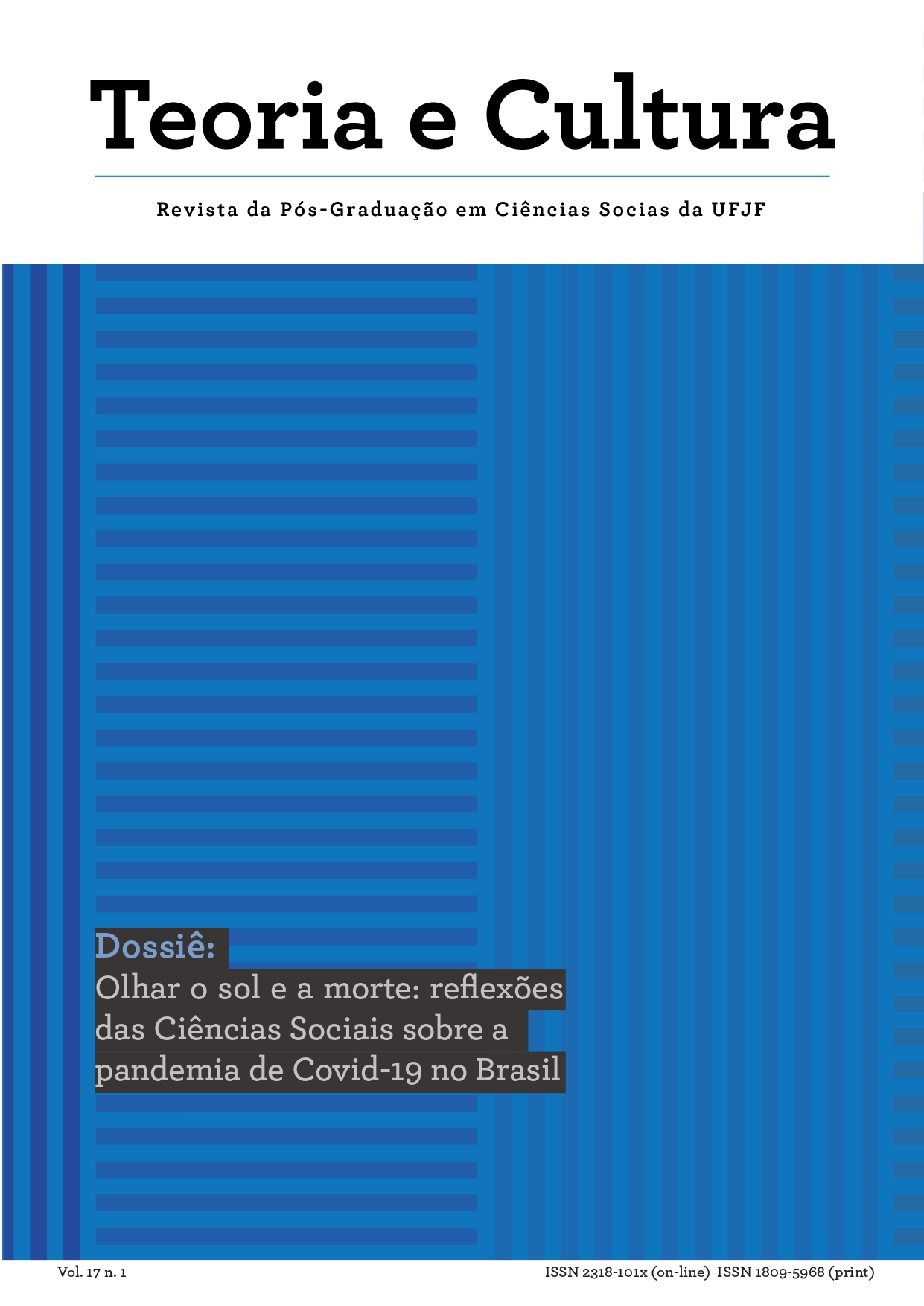"No dia em que eu caí ninguém entendeu, porque eu era guerreira":
maternagem e Síndrome Congênita do Vírus Zika em tempos de Covid-19
DOI:
https://doi.org/10.34019/2318-101X.2022.v17.34434Abstract
Mothering has historically been attributed to the female gender. The zeal, the dedication and the abdication of oneself in favor of the good development of the child have become characteristic to the ideal of “good mother”, affecting more intensely mothers of children with disabilities who depends on intensive care. In this article I will analyze a specific maternity - that of “mothers of micro”, whose children were born with the Zika Virus Congenital Syndrome in Recife/PE - the impacts of being a “good mother” in the life and health of these women, and the consequences of this intensive care throughout the Zika epidemic and with the arrival of the Covid-19 pandemic. Based on data from ethnographic fieldwork with these women, narratives of tiredness, loneliness and psychological distress were found, which were intensified in the current context due to the suspension of their children's rehabilitation activities, domestic confinement and domesctic overload. If these women were already mothers and full-time caregivers, now they also became therapists for their children, abdicating of their support networks, subjecting themselves to an even more demanding, lonely and exhausting mothering.








